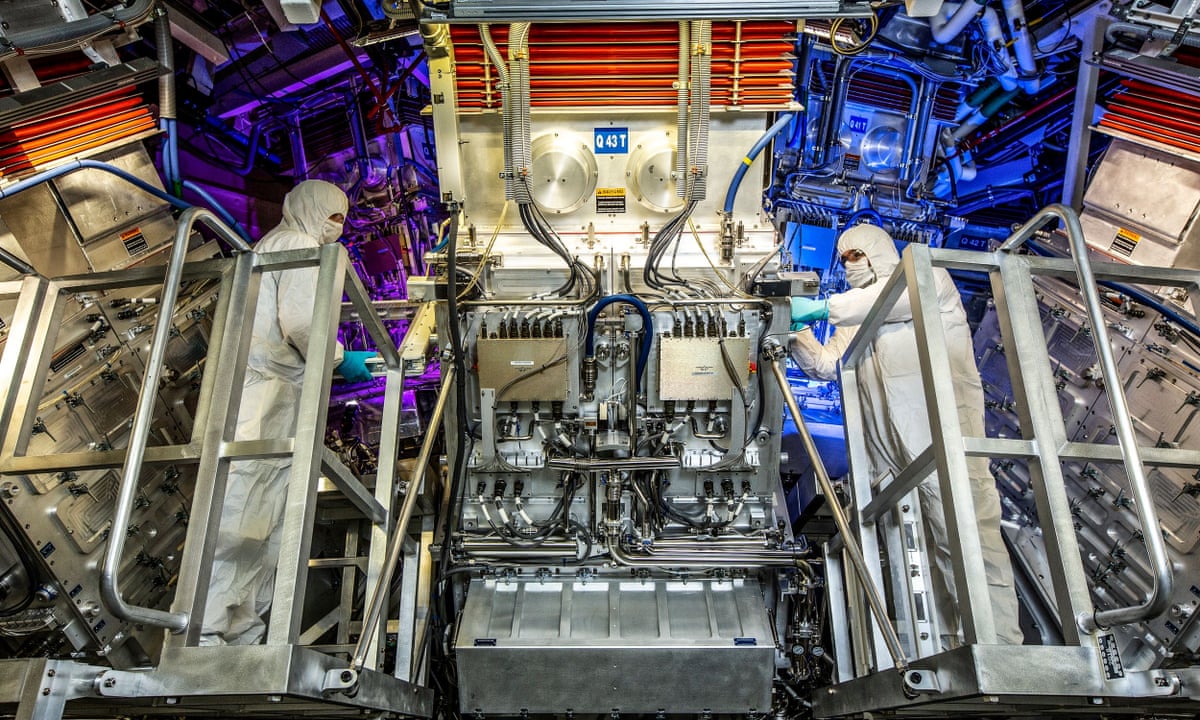Fusion technology has long been hailed as the ultimate solution to our energy needs. Unlike traditional fossil fuels, fusion reactions produce virtually limitless energy without the harmful greenhouse gas emissions or the risk of fuel depletion. While scientists have been working on developing fusion technology for decades, recent breakthroughs have brought us closer than ever to achieving this goal.
One of the most promising developments in fusion technology is the use of high-temperature superconductors. These materials can conduct electricity with zero resistance at extremely high temperatures, making them ideal for use in fusion reactors. By using high-temperature superconductors, scientists can significantly increase the efficiency of fusion reactions, making it possible to generate more electricity from a smaller amount of fuel.
Another major breakthrough in fusion technology is the development of advanced plasma confinement systems. In order to sustain a fusion reaction, plasma (a hot, ionized gas) must be confined at extremely high temperatures and pressures. Previous attempts to do this have been hindered by instabilities in the plasma, which can cause it to cool and lose its energy. However, new plasma confinement systems, such as the tokamak, have been developed that can maintain stable plasma conditions for longer periods of time. This makes it possible to sustain a fusion reaction for extended periods, making it more practical for generating electricity.
In addition to these technological advances, there has also been progress in the materials used to build fusion reactors. Traditional materials such as steel and concrete are not suitable for use in fusion reactors due to the extreme temperatures and radiation involved. However, new materials such as ceramics and composite materials have been developed that are able to withstand these conditions. These materials make it possible to construct fusion reactors that are more efficient, compact, and durable.
Despite these exciting breakthroughs, there are still many challenges to overcome before fusion technology can become a practical source of electricity. One of the biggest challenges is the high cost of building and operating fusion reactors. Fusion reactions require large amounts of energy to initiate and sustain, and current fusion technologies are not yet able to generate more energy than they consume. However, as the technology improves and becomes more efficient, it is likely that the cost of fusion energy will decrease.

Another major challenge is the issue of radioactive waste. Fusion reactions produce low levels of radioactive waste, but this waste still needs to be safely disposed of. While the levels of radioactive waste produced by fusion reactions are much lower than those produced by fossil fuels or nuclear fission, finding safe and effective ways to dispose of this waste is still a concern.
Despite these challenges, the potential benefits of fusion technology are enormous. If we can successfully develop and commercialize fusion energy, it could provide us with a virtually limitless source of clean, safe, and reliable energy. Stronghold kat. This would not only help to meet our growing energy needs, but it would also help to combat climate change by reducing our reliance on fossil fuels.
In conclusion, recent breakthroughs in fusion technology have brought us closer than ever to achieving this goal. While there are still many challenges to overcome, the potential benefits of fusion energy are enormous. By continuing to invest in and develop fusion technology, we can create a brighter, more sustainable future for ourselves and future generations.

No comments yet